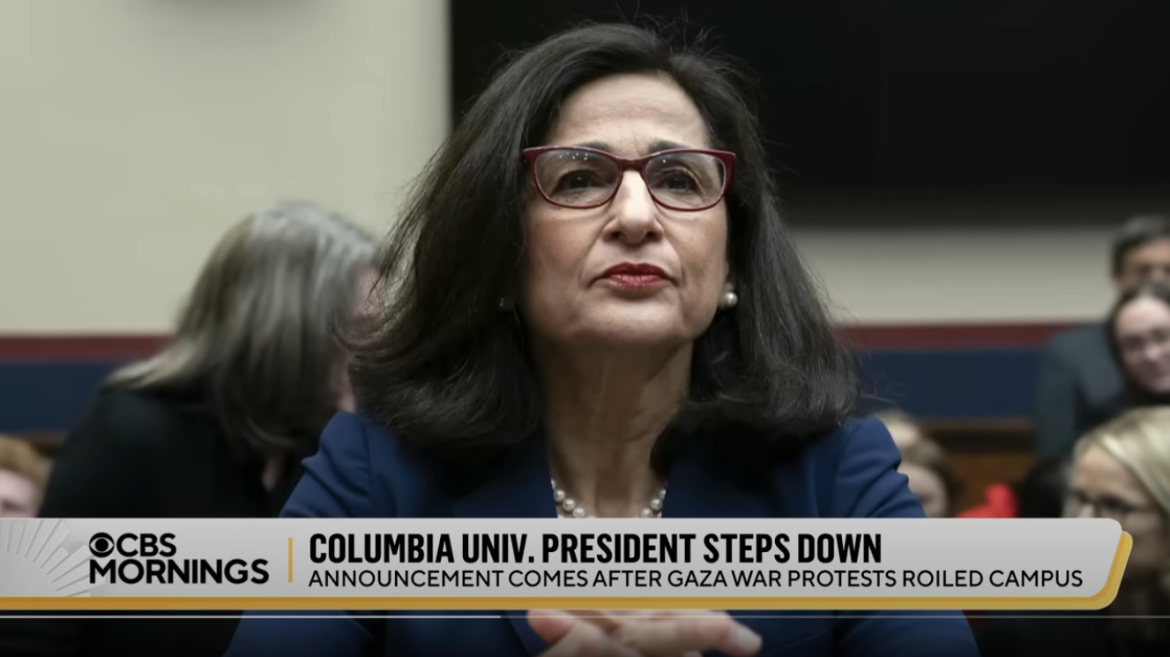Columbia University is facing a leadership change just weeks before the start of the fall semester. President Minouche Shafik, who has led the prestigious institution since 2023, has announced her resignation amid mounting criticism from various campus groups. Shafik’s departure follows a tumultuous period that saw significant protests and unrest on the Morningside Heights campus, particularly surrounding the Israeli-Palestinian conflict.
Shafik, the first woman of color to lead Columbia, cited the deep divisions within the university community as a central reason for her decision to step down. “A period of turmoil has made it difficult to overcome differing views,” she wrote in a letter to the university community, acknowledging the challenges of navigating an increasingly polarized environment.
The controversy surrounding Shafik’s tenure came to a head earlier this year when pro-Palestinian demonstrators occupied the South Lawn, a prominent area of Columbia’s campus. The protests, which were sparked by the ongoing conflict in the Middle East, led to heightened tensions between student groups. Many Jewish students reported feeling unsafe and threatened by the demonstrations, prompting calls for stronger action from the administration.
Despite efforts to address the concerns of all parties involved, Shafik faced criticism from both sides. Pro-Palestinian activists accused her of suppressing free speech, while pro-Israel groups argued that the administration failed to protect students from intimidation. The situation became increasingly untenable as the fall semester approached, leading to Shafik’s decision to step down.
In the wake of Shafik’s resignation, Columbia University has implemented new security measures, including requiring students and staff to carry scannable IDs to access campus. These measures are part of an effort to ensure safety and order as the university prepares to welcome students back.
Katrina Armstrong, the CEO of Columbia University Irving Medical Center, has been appointed interim president. Armstrong, a respected leader in the medical field, is expected to guide the university through this transitional period. As Columbia braces for the upcoming academic year, there is hope among residents and students that future protests will be managed more effectively.
The campus community remains divided on how Shafik handled the situation. Some residents and students expressed uncertainty about what could have been done differently, while others voiced support for her decision to step down, viewing it as a necessary step to heal the university’s deep-seated divisions.
As Columbia gears up for the fall semester under new leadership, the focus will be on restoring a sense of unity and ensuring that the campus remains a safe and welcoming environment for all students.



